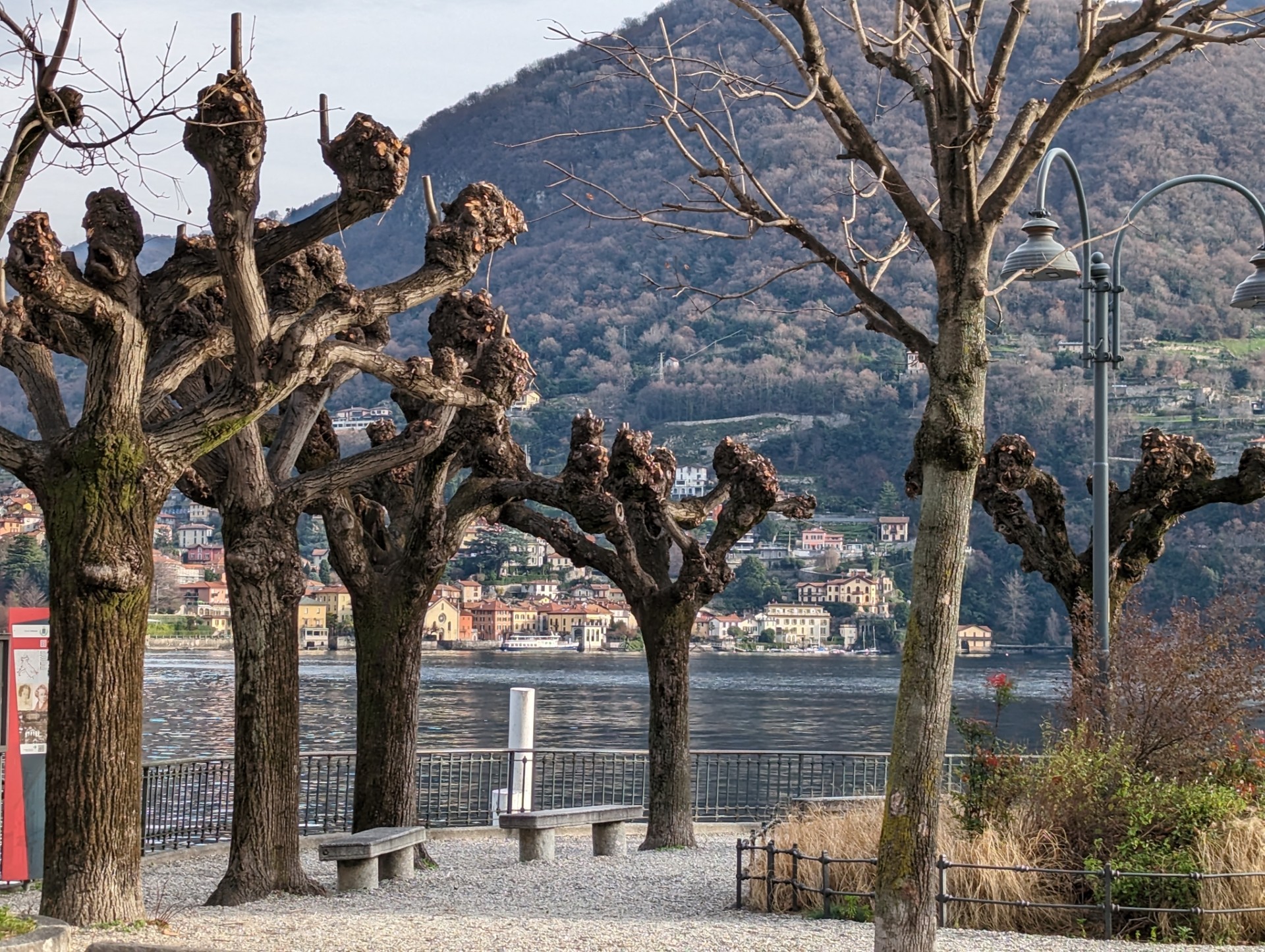5 Things You Need to Know About the Safest Countries in Europe
Europe is a popular destination for travelers and expats alike, known for its rich history, diverse cultures, and stunning landscapes. Safety is a major consideration when choosing a destination, and several European countries consistently rank among the safest in the world. Here are five key things you need to know about the safest countries in Europe.

1. High Quality of Life
The safest countries in Europe often boast a high quality of life. Nations like Iceland, Switzerland, Denmark, Finland, and Norway are frequently cited for their excellent healthcare systems, top-notch education, and robust social services. Residents of these countries enjoy a high standard of living, with access to modern amenities, clean environments, and comprehensive public services.
Key Points:
- Healthcare: Universal healthcare systems ensure that everyone has access to medical services.
- Education: World-class education systems provide high-quality learning opportunities.
- Environment: Clean air, green spaces, and efficient public transportation contribute to overall well-being.
2. Low Crime Rates
Safety is often measured by the low levels of crime in these countries. Violent crime is rare, and property crime rates are also significantly lower compared to global averages. This is due in part to strong law enforcement, effective judicial systems, and a general sense of community and trust among citizens.
Key Points:
- Violent Crime: Exceptionally low rates of violent crime make these countries safe for residents and visitors.
- Property Crime: Theft and burglary rates are also low, contributing to a secure living environment.
- Law Enforcement: Police forces are well-trained and trusted by the public.
3. Political Stability
Political stability is another hallmark of Europe’s safest countries. These nations typically have stable governments, low levels of corruption, and strong institutions. This stability contributes to a sense of security and predictability, making them attractive destinations for expats and travelers.
Key Points:
- Government: Stable and transparent governments provide a predictable and secure environment.
- Corruption: Low levels of corruption ensure fair and just governance.
- Institutions: Strong institutions support the rule of law and protect citizens’ rights.
4. Cultural Openness and Inclusivity
The safest countries in Europe are often characterized by their cultural openness and inclusivity. These nations welcome diversity and promote equality, which helps create a harmonious and tolerant society. This cultural inclusivity makes it easier for expats and travelers to integrate and feel at home.
Key Points:
- Diversity: Acceptance of diverse cultures and backgrounds fosters a welcoming environment.
- Equality: Strong emphasis on gender equality and human rights.
- Community: Inclusive communities support social cohesion and mutual respect.
5. Proactive Safety Measures
Proactive safety measures are a common feature in Europe’s safest countries. This includes comprehensive emergency services, well-maintained infrastructure, and public awareness campaigns on safety and security. These measures ensure that residents and visitors are well-protected and informed about potential risks.
Key Points:
- Emergency Services: Efficient and responsive emergency services handle crises effectively.
- Infrastructure: Well-maintained roads, buildings, and public spaces enhance safety.
- Public Awareness: Campaigns and education programs keep the public informed about safety issues.
Choosing to live or travel in one of Europe’s safest countries offers peace of mind and a high quality of life. With low crime rates, political stability, cultural openness, and proactive safety measures, these nations provide a secure and welcoming environment. Whether you are considering a short visit or a permanent move, the safest countries in Europe are excellent choices for a safe and fulfilling experience.


